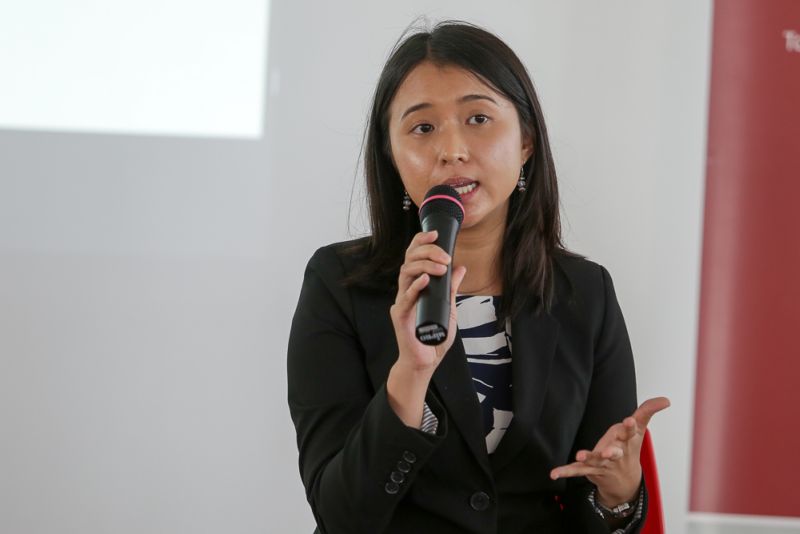KUALA LUMPUR, July 27 ― Two civil society groups said the latest amendments to the Domestic Violence Act 1994 should have covered cohabiting couples who suffer abuse at their lovers’ hands.
Sisters In Islam (SIS) and Women Aid Organisation (WAO) said relying on the Penal Code for cases as such was insufficient as it did not provide protection like the Act does.
“The law should be able to give a blanket protection to all domestic violence survivors and acknowledge that dynamics between married spouses are similar regardless of their marital status,” SIS told Malay Mail Online when contacted yesterday.
WAO’s communications officer Tan Heang-Lee explained that unlike the Penal Code, the Domestic Violence Act provides Protection Orders and compensation for victims.
“The Penal Code does not cover protection for victims, but rather spells out punishment for perpetrators,” she said.
But Women's Centre for Change president Mariam Lim said it would be hard to apply any laws to cohabiting couple because there was no way to determine their status.
Pointing that many choose to live together before getting married nowadays, Lim said it was a grey area and difficult to practice if the Act did give such protection for this group of people.
“Cohabitation is a private matter. How do you know if people are cohabiting? Legally they don't recognise it, if you say laws must apply to them, how do you prove they're cohabiting?” she said.
“When it comes to marriage, there are certificates. Unless people admit they're cohabiting, it goes into a sensitive area... So we just respect that it's a private matter,” Lim added.
When debating on the amendments to the Domestic Violence Act yesterday, Datuk Seri Rohani Abdul Karim clarified that cohabiting partners will not be protected under the Act.
Instead, the women, family and community development minister said those unmarried victims of home violence could instead seek recourse under the Penal Code.
She expressed concern over the “effectiveness” of the Act if the definition of households became too wide.
Earlier, Kota Raja MP Dr Siti Mariah Mahmud had suggested that this law be amended to also apply to unmarried couples living together
Among others, the amendments made to the Act now allows a victim to obtain an immediate protection through the Emergency Protection Order (EPO).



















